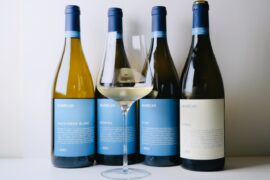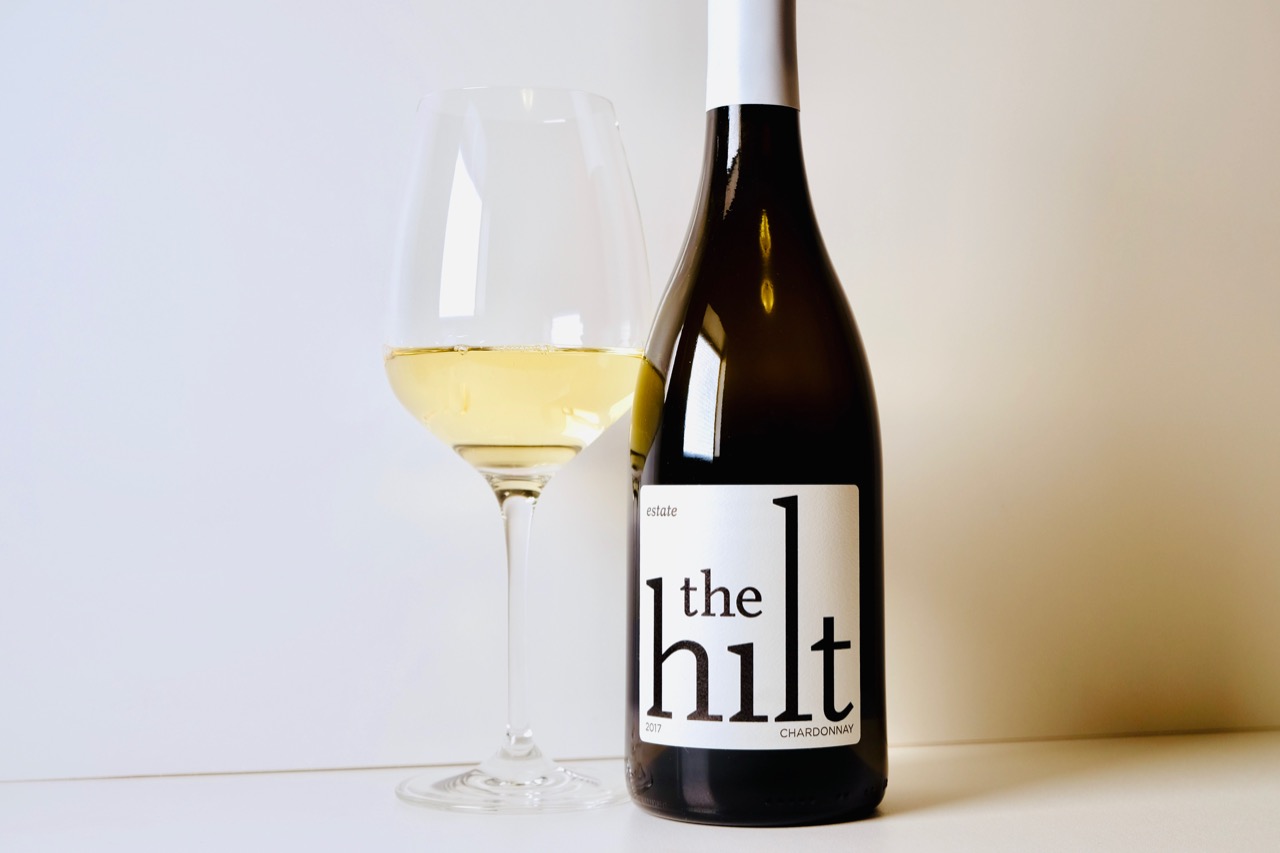Food is communication, a medium for connecting. Communications are most powerful when they arise from an articulated philosophy, when the communicator knows what she's trying to say, and why: when she knows what she believes.
I like to summarize my food philosophy this way: "Food as itself." It's meaningless without context, but to me there's a world in that statement, a diversity of ideas about growing and choosing beautiful ingredients, about trying deeply to understand their qualities, what they offer. About applying learned technique to perfect specimens to coax out their perfection. About esteeming food for what it is, and letting it be itself.
What falls out of this is, essentially, my cuisine: simple, unadorned, on the fresh side of cooked, on the raw side of done. Layers of flavor: bright against dark, tart against salt, fruit against earth. Plus one other element to knit them together. Food in conversation with itself, and with the diner. Simple cuisine can be harder than complex cuisine, in the same way that a poem's harder to write than an essay.
What's your food philosophy?



I agree with what you say about powerful communications being shaped by an articulated philosophy. My own philosophy of cooking is similar to yours–one of the reasons I’ve always been attracted to Italian food, even before I knew what it was–but so much of it has also been instinctual, layered on top of very serious attention to high-quality, farm-grown ingredients. I’ve been eating and cooking this way for a long time–it’s just that it’s so much easier now than it used to be. We’re especially blessed to be living in the places that we do, with access to so many farmers and producers who share this vision and are working hard to make it a reality.
Michael, thanks for your thoughtful comment. Yes, the availability of incredible local products, from meat to cheese to vegetables, is a blessing. I’m also happy to be growing my own vegetables for the first time in nearly eight years, and two nights ago had the first of the spinach and arugula and radishes, so fresh they were still alive.
I like your observation about instinctual preparation. This approach requires a kind of sensitivity to and egolessness about the food, a willingness to let it be as good as it can be, with the cook just helping it along.
flavor
David: flavor, yes!
I think this is one of the more beautiful essays I’ve read about food and communion and nourishment, especially the last graf.
Thank you for this; I’ll definitely be back…
Thank you Holly. That’s high praise from one who knows. I’m honored.
I think the simplicity of good food, fresh food made beautiful by good technique is wonderful…. but, gathered at the table to be enjoyed with fellow friends, takes it to a higher level of art. The best food I ever had was on a hillside in Tuscany–fresh walnuts, mushrooms, cheese, and apples tossed together in a vinegrette, with a beautiful bottle of wine with dear friends–magical! -Chris Ann
Chris Ann, your story of the meal on the Tuscan hillside is so resonant for me. The best pizza I’m sure I’ll ever eat was from a tiny trattoria in the Tuscan Hills. It was ten o’clock at night as our bus pulled in front of a shard of gold light in a nameless hilltown. Our bus driver, himself a Tuscan, hopped out to ask the proprietors in hurried breath if they could handle an onslaught of eighteen hungry American students. They could. The pizza was flawless: a wafer of crust with a thin, brilliant sauce topped with buffala mozzarella and local oil. I’ve tried to recreate it, but I’m sure I never will. Food is situated in time and place. I’ll carry it with me in memory always.
I know and some experiences are meant to be little jewels to treasure– precious and one of a kind. I’ve had a few of those, like the one in Tuscany. I know the feeling you had in the Tuscan Hills, that’s wonderful!-Chris Ann